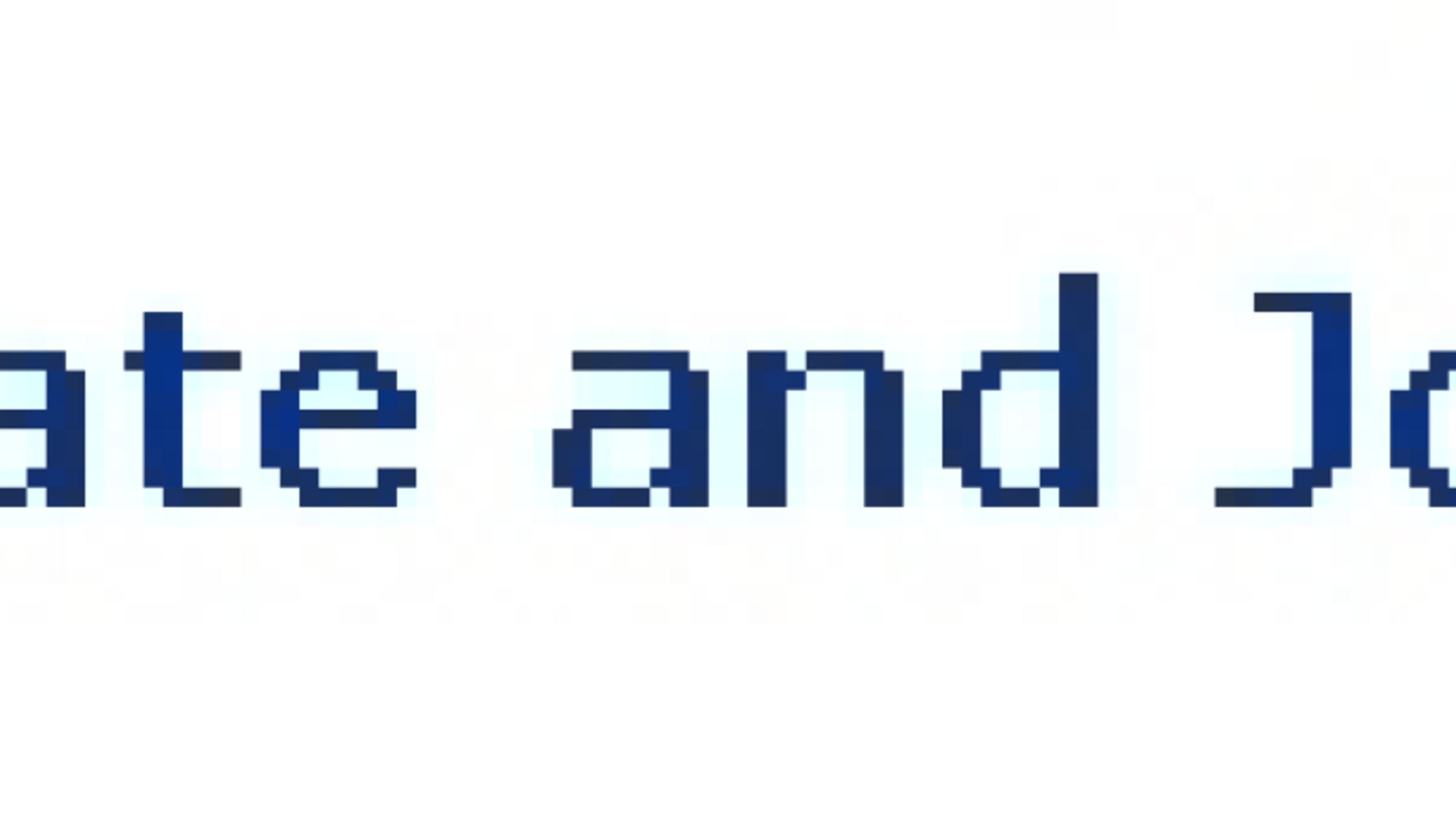Journalists like PLoS ONE and Open Access
Every Friday on this blog, my colleague Bex Walton, does an excellent round up of the week’s media coverage of stories that originated with a PLoS ONE research article. It’s a significant task for her to keep up with the number and breadth of coverage, plus she (along with Jen Laloup) is also a pivotal figure in terms of making sure that journalists receive timely and accurate Press Releases from PLoS ONE.
For those of you who are avid media followers, you can receive immediate updates of which PLoS articles are making the news from the PLoS Twitter stream and PLoS Facebook page or from Coturnix (Bora Zivkovic our Online Discussion Expert) via his Blog Around the Clock.
Over the weekend, we were pleased to read this blog post from Anne Minard – a freelance science journalist who has written stories for National Geographic News, the New York Times (among many other outlets) and has recently launched a new blog, “100 Days of Science”.
In her post, it is clear that Anne is a convert to PLoS ONE and Open Access, here’s an excerpt from it:
“I got my first glimpse of the open access universe as soon as I started to blog. First, I discovered the journal PLoS ONE, largely through the publicity efforts of a man who calls himself Coturnix, at A Blog Around the Clock. I’ve perused PLoS ONE regularly and found no less than 10 science gems in there for “100 Days of Science. ”
I loved the PLoS journals (there’s actually a whole suite of them here) at first sight: all that original science, free for the reading. AND WHY NOT, I’ve come to think. After all, my tax dollars fed the grants that allowed those studies to happen. People complain about America’s scientific literacy, and I would submit (I do submit!) that open-access journals are a giant leap in the right direction”.
At PLoS, we are always seeking converts to Open Access. That’s one reason why we help to run Open Access Week (19-23 October 2009) which seeks to broaden awareness and understanding of Open Access to research, including access policies from all types of research funders, within the international higher education community and to the general public. The now-annual event has been expanded from a single day to accommodate widespread global interest in the movement toward open, public access to scholarly research results. If you want to get involved in this international event please sign up today.
